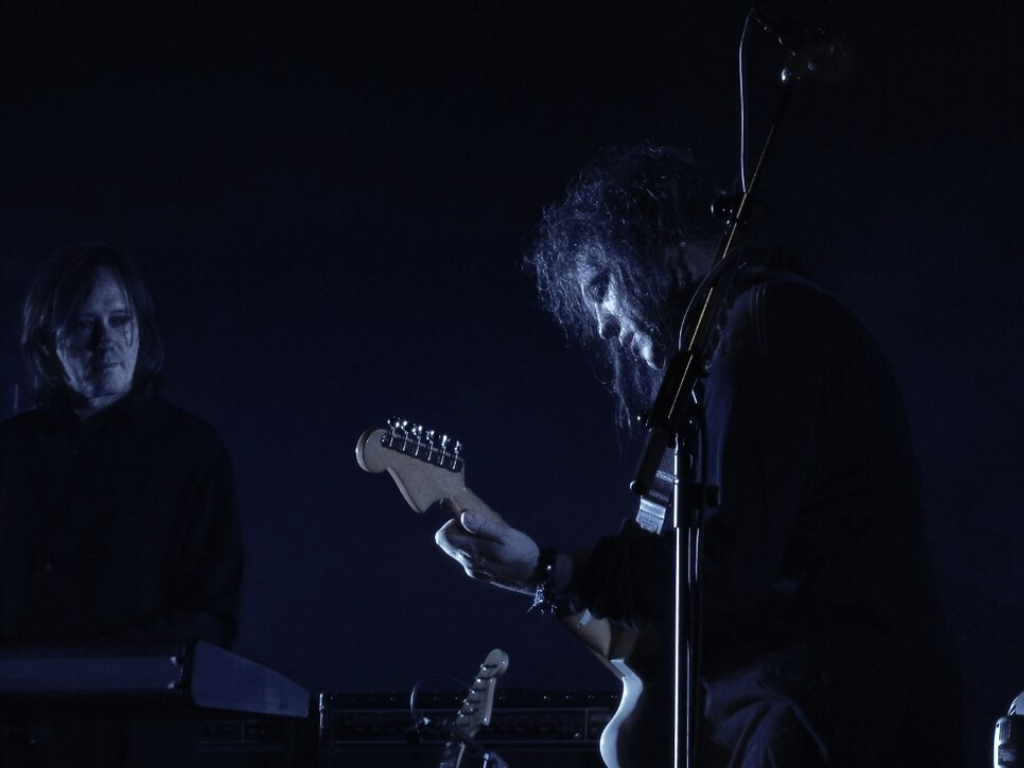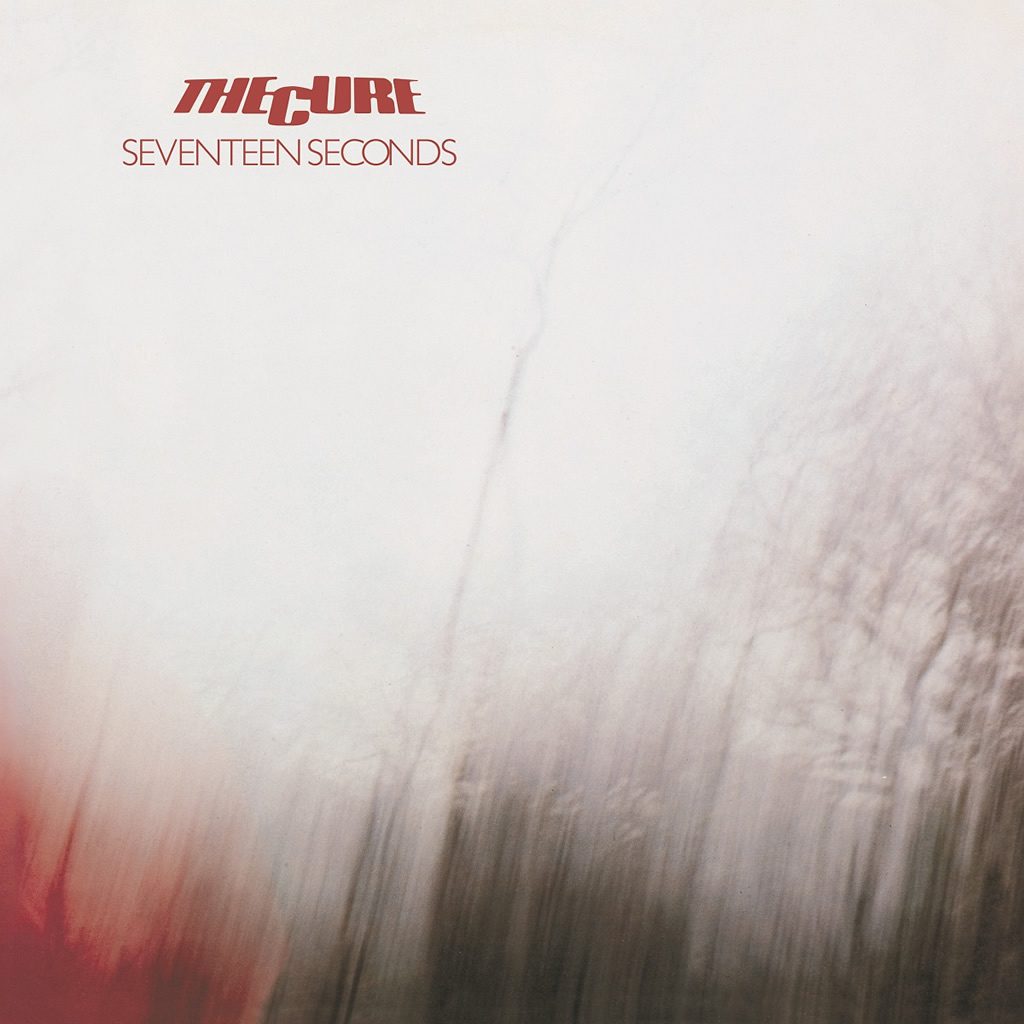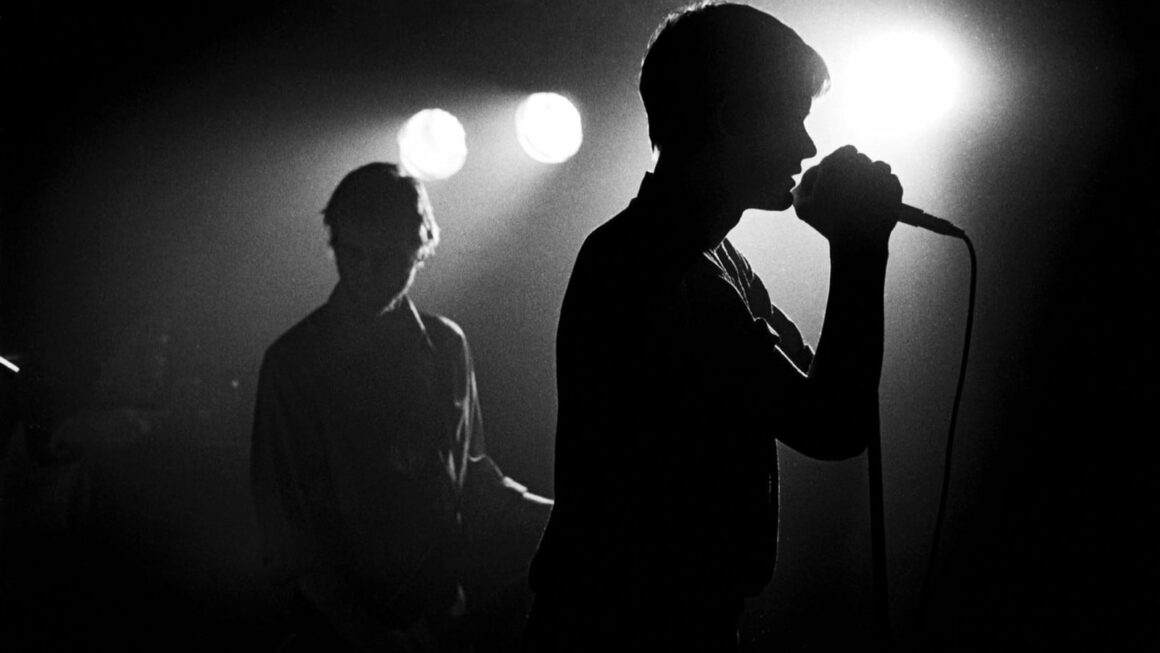
Establishing Sonic Minimalism: The Cure’s Seventeen Seconds
How the minimal yet daring approach made Seventeen Seconds an iconic piece in The Cure’s discography.
A buzz pulses faintly, like a bedside alarm clock running out of batteries. We are awoken to a bleak reality, characterised by the interchange of two 4-key piano melodies. It is 1980 and a young band from Crawley have released an album, unlike anything they had done before. This is The Cure’s early years. And gothic rock’s too. Swapping out the angsty teenage boy basslines of the likes of “Accuracy” for a droning bass that carries itself for more than a beat, the band truly did a 180 from first to the second album.
Whilst “A Reflection” is reminiscent of dreadful early mornings, the piano keys are played with careful pacing in such a way that leaves us anticipating its climax. However, the song does not have a climax nor a resolution. A swift fade out leaves us as confused as we started. Importantly, though, the band have established an appreciation for time and space through this instrumental track and set us up for Seventeen Seconds appropriately.
In the build-up to the band’s atmospheric second serving, they became well-acquainted with Siouxsie and the Banshees — a post-punk contemporary whose iconography has reached similar goth legend status to The Cure. Robert Smith briefly joined the Banshees, dividing his time between the two bands and thus pivotal to Smith’s creative development. Both bands were testing out and trying on different band members to suit their innovative vocalists. It would be more than just coincidence to consider the similarities of Siouxsie’s ‘diva’ tendencies with the developing creative independence of Smith, whose sonics had become significantly thought-out.
Mostly characterised by its sparseness of gloomy synths and echoey lyric repetition, there are two tracks that revel in more traditional pop structure — the biting “Play For Today” and infamous “A Forest”.
“Play For Today” is about as brash and overt as the album goes, as Smith unloads a series of home truths about a romantic relationship gone sour. Dismissive and to an extent, reckless, Smith confesses: “It’s not a case of doing what’s right / It’s just the way I’m feeling that matters / Tell me I’m wrong, I don’t really care.” Nihilism soaks through every last word of the song and we are reminded that this album was written by a triplet of barely-20-year-old men. Simplified and reductive, “Play For Today” adopts the sense of meaninglessness onto the complexity of a relationship and runs with it. The guitars and drums chase alongside, repeating their simple yet effective rhythms that reinforce the predictability of doomed love.
Although “Play For Today” acknowledges the ludicrous nature of reciprocal love, “A Forest” does the opposite. Smith uses storytelling imagery of gothic greenery to guide the listener through a dream which starts hopeful and ends bleakly. Everything about this track feels physical despite its dreamscape, much due to the verb-ridden lyrics — “Come closer and see / See into the trees / Find the girl / If you can.” Similarly, the second verse feeds off our aural senses: “I hear her voice / Calling my name / The sound is deep / In the dark.” Smith delivers these lines in an almost segmented way by splitting sentences in half. It feels robotic and rehearsed as if Smith himself has had the same dream numerous times. Yet, we learn nothing more of the girl or the forest due to the minimal description of the lyrics. Nonetheless, “A Forest” demonstrates lyricism as a mode of effective world-building.
Although “Play For Today” and “A Forest” have bagged themselves popularity status amongst fans, “M” and “In Your House” strike as the epitome of this sonically and lyrically minimalist album.
“M” — named after Smith’s then-girlfriend-now-wife, Mary — was one of the earliest tracks written on Seventeen Seconds and originally, was meant for their first album, Three Imaginary Boys (1979). The track is heavy on the guitar strumming, causing synth, bass and drums to all take a backseat — proving its early punk Cure influence. The guitars follow the same down pitch of the rest of the album but are played with a force uncharacteristic for the album’s sparseness. However, the chords feel lonely in the spotlight and accompanied with Smith’s worries of a crumbling relationship, “M” becomes the loneliest song on the album. Opting for a philosophical Camus reference in the first line with “Hello image”, this song keeps itself stripped back by giving us references ladened with external context. Thus, fans have often disagreed on the meaning of “M” due to its cryptic nature.
The sonic repetition in “In Your House” makes this track the most hypnotic and ethereal of the album, without having to add layers of instrumentation. Singing of empty rooms and the acting out of a false life in another’s house, Smith paints a picture of separation between the person he is and who he is pretending to be in this person’s presence. The bass slowly floats between its chords steadily and almost self-consciously, creating an uneasiness towards the isolation and minimalism the song emits.
Seventeen Seconds is an album often wrongly forgotten amongst the more iconic pieces in The Cure’s discography. The minimalist approach sonically and lyrically was a major stepping stone in the band’s identity and signature sound, which was carried on for the next two albums Faith (1981) and Pornography (1982) — which join with Seventeen Seconds to create the goth trilogy — and further afield with the likes of Disintegration (1989) and Bloodflowers (2000).
Despite reviews at the time of its release largely negative of the band’s minimal yet daring approach, Seventeen Seconds is now looked upon fondly as not only key in The Cure’s career but also for the shape of alternative music in general for decades to come.
The Cure
Seventeen Seconds

Featured Image by Sad Giraffe Coffee









